
This information was announced by the Vietnam Coffee and Cocoa Association (Vicofa) at the conference summarizing the 2024-2025 coffee crop year and outlining directions for the 2025-2026 crop year, held on October 24th in Ho Chi Minh City.
According to Mr. Nguyen Nam Hai, Chairman of Vicofa, coffee export turnover in the 2024 - 2025 crop year will grow remarkably thanks to high coffee prices, averaging 5,610 USD/ton, up 52.7% compared to the previous crop year. In the first 9 months of 2025 alone, Vietnam will export about 1.25 million tons of coffee, with an export turnover of more than 7 billion USD, up 11.7% in volume and 62.2% in turnover compared to the same period in 2024.
Regarding the export market, according to the Vietnam Customs Department, in addition to the quantity in bonded warehouses, in the 2024 - 2025 coffee crop year, Germany took the lead with a purchase volume of 196,259 tons (accounting for 13%), Italy ranked second with 124,766 tons (8.3%), Spain ranked third with 110,224 tons (7.3%); followed by Japan, the United States, Algeria, ... Thus, Europe is still the largest market for coffee exported from Vietnam with a volume of over 710,000 tons (accounting for 47.2%), a turnover of over 4 billion USD (accounting for 46.7%).
Mr. Do Xuan Hien, Chief of Vicofa Office, informed that the new coffee crop 2025 - 2026 is in harvest season with output forecast to increase by about 10% compared to the crop 2024 - 2025. This year's weather is relatively favorable for the development of coffee trees. Coffee prices have increased over the past 2 years, for a long time the domestic coffee price was over 100,000 VND/kg, at one point over 130,000 VND/kg and currently fluctuating at 115,000 VND/kg, which has encouraged farmers to increase investment in garden care. In addition to applying sustainable production processes, farmers also focus on replanting their gardens with new varieties for high quality productivity.
Orienting the development of the Vietnamese coffee industry to adapt to the new requirements of the import market and international trade, Vicofa encourages businesses and farmers to participate in developing a sustainable coffee supply chain associated with reducing greenhouse gas emissions. The Association will continue to accompany businesses and localities in accessing carbon credit mechanisms and green financial models; connecting international buyers and domestic businesses in a transparent, low-emission supply chain model.
“The coffee industry needs to build a brand for Robusta coffee. Vietnam is the world's second-largest coffee producer, primarily producing Robusta, but it lacks an official brand. In addition, it's necessary to establish international quality standards for Robusta and specialty Robusta coffee. The association also recommends that the Ministry of Agriculture and Environment strengthen scientific research projects to create drought-resistant Robusta coffee varieties and genes that adapt to climate change. Simultaneously, it should coordinate with Vietnamese trade offices abroad to organize business delegations to participate in coffee fairs and exhibitions, and hold Vietnam Coffee Days in other countries to promote the Vietnamese coffee brand,” Mr. Do Xuan Hien added.
Appreciating the achievements of the coffee industry, Deputy Minister of Agriculture and Environment Hoang Trung emphasized that coffee is not only an agricultural product with high export value but also the livelihood of millions of farming households, and is a "national brand" of Vietnam in the world agricultural market. In recent years, Vietnam has always maintained its position as the second largest coffee exporter in the world, after Brazil, accounting for nearly 20% of the total global coffee supply. The average yield of 3 tons of coffee beans per hectare, three times higher than the world average yield, is a testament to the industry's farming level and innovation capacity.
In addition to the achievements, the Vietnamese coffee industry is still facing many difficulties and challenges. The proportion of raw coffee beans is still too high, accounting for more than 80% of total output, while deeply processed products only reach about 15%. Processing, logistics and warehousing infrastructure is still limited; production input costs remain high, while most farmers still produce on a small scale, with weak linkage capacity. In addition, climate change is evolving complicatedly, with droughts and extreme floods significantly affecting coffee tree growth.
For sustainable development, Deputy Minister Hoang Trung suggested that the Vietnam Coffee and Cocoa Association coordinate with management agencies to promote traceability, expand deep processing, reduce raw material exports, and build the "Vietnamese Coffee" brand. The industry needs to apply emission-reducing and cost-saving farming practices, in line with the Ministry's Emission Reduction Production Plan for the period 2025-2035, in which coffee is the key crop for developing emission reduction techniques and carbon credit mechanisms.
Regarding the market, it is necessary to diversify export markets, expand to Asia and Southeast Asia, exploit cross-border e-commerce and increase product value. The industry also needs to strengthen the linkage between farmers - cooperatives - enterprises - exports, develop new-style cooperatives, attract investment in processing and brand building.
The Ministry of Agriculture and Environment will continue to support updating the database of growing areas, standardizing traceability, mobilizing resources for replanting and reducing emissions, updating SPS regulations, and coordinating with localities to review areas and adjust structures to suit the market, ensuring quality and sustainable development.
Source: https://baotintuc.vn/kinh-te/xuat-khau-ca-phe-lap-ky-luc-moi-trong-nien-vu-2024-2025-20251024151858900.htm








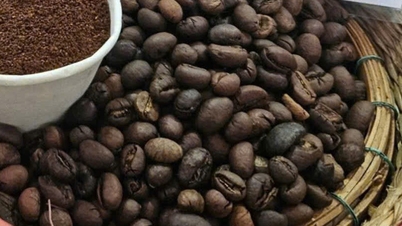

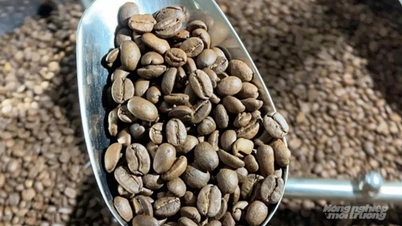



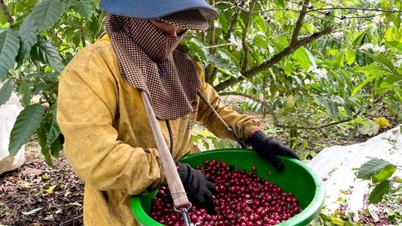
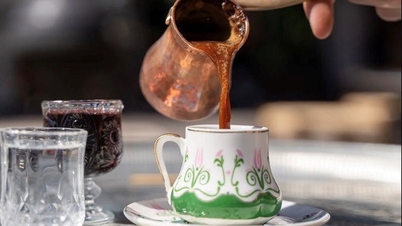

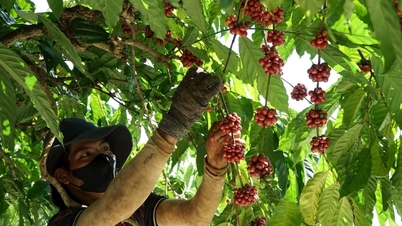

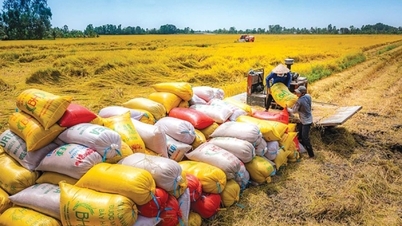


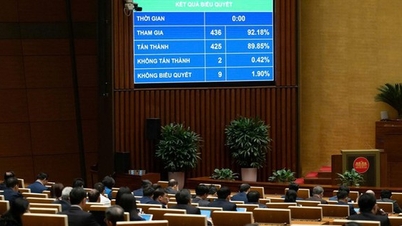

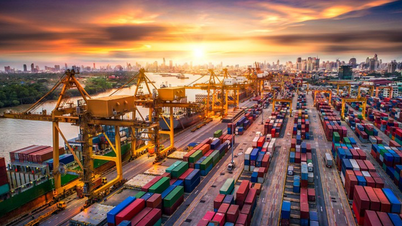

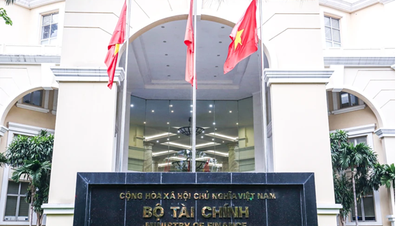






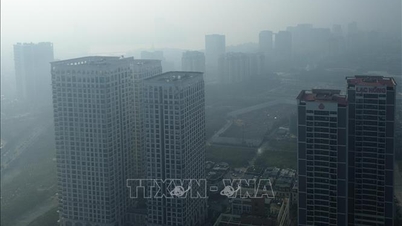
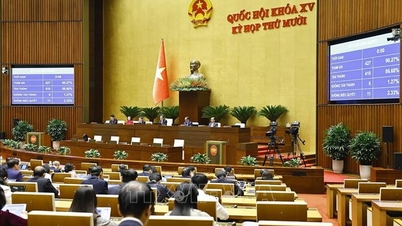
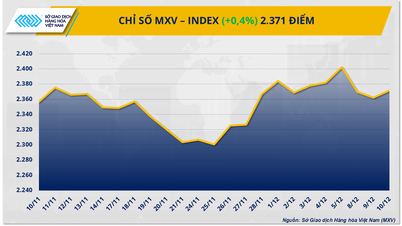


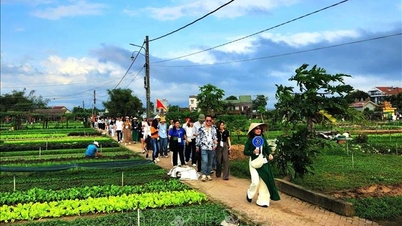








![[Video] The craft of making Dong Ho folk paintings has been inscribed by UNESCO on the List of Crafts in Need of Urgent Safeguarding.](https://vphoto.vietnam.vn/thumb/402x226/vietnam/resource/IMAGE/2025/12/10/1765350246533_tranh-dong-ho-734-jpg.webp)


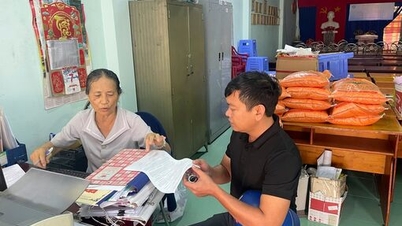

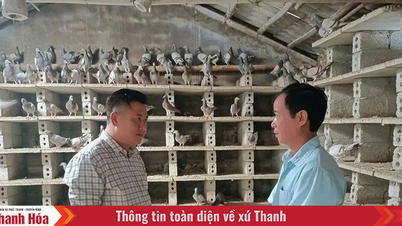





















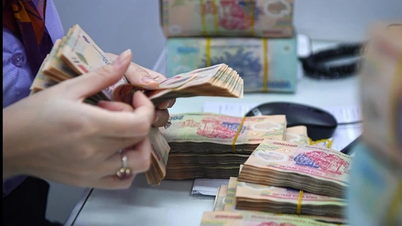






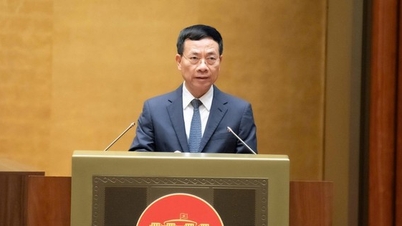








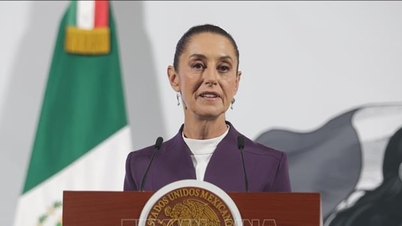
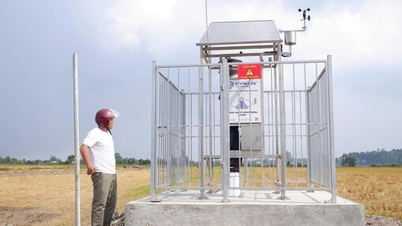




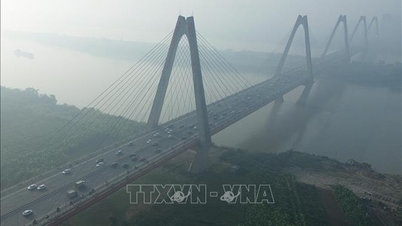














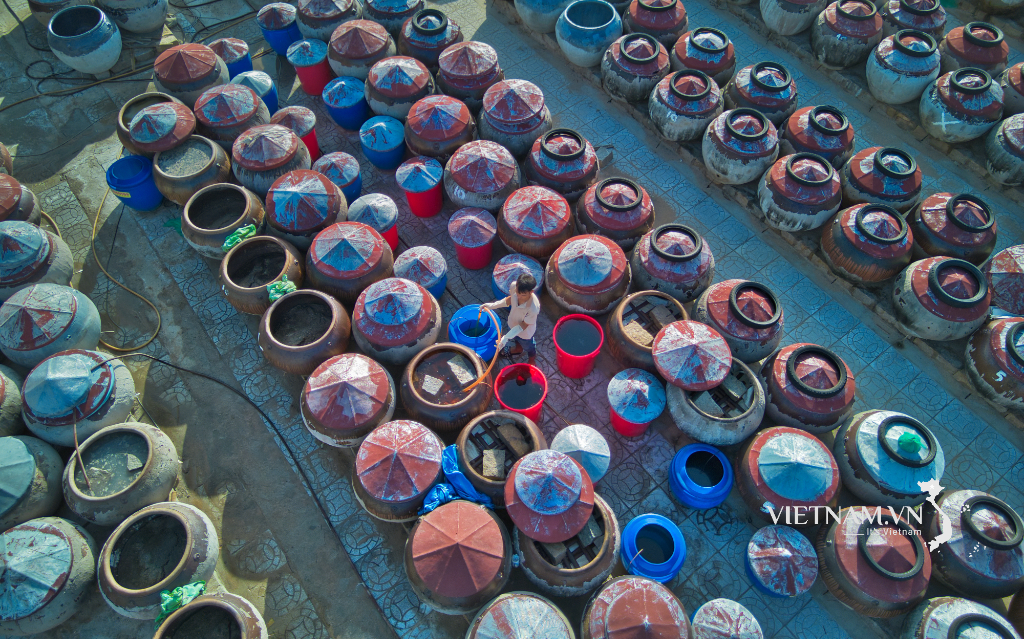





Comment (0)